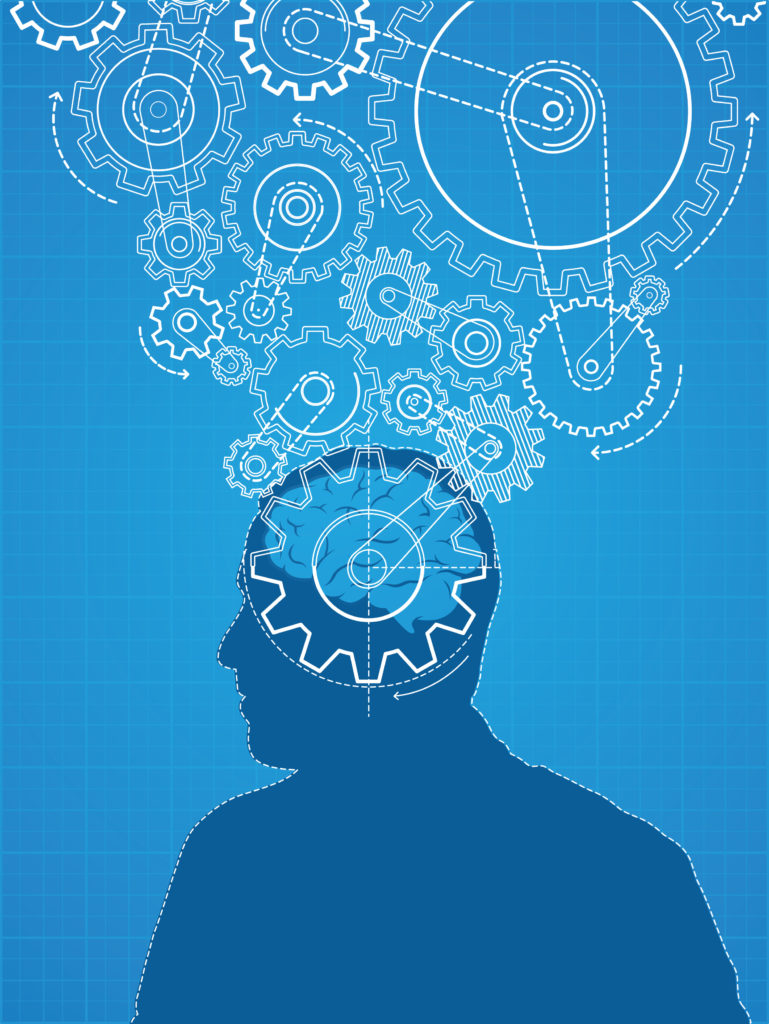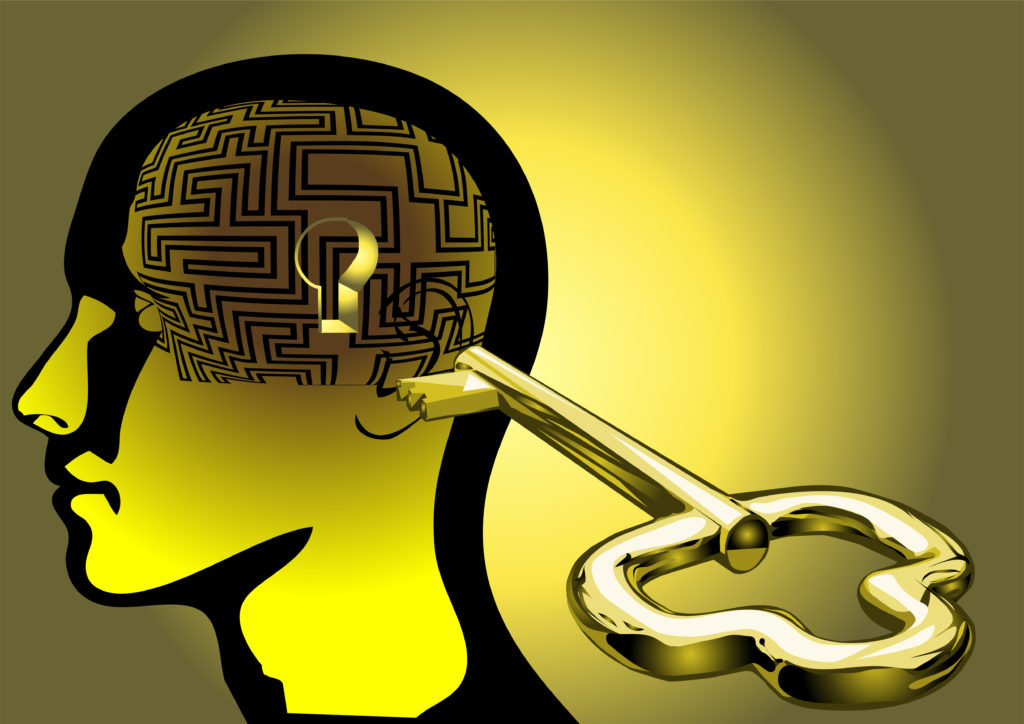Dr. Brunner has provided solution focused therapy for children and adolescents for over 20 years as a qualified expert in the psychological field.
1) Many assessment reports only give a diagnosis, which does not reach deeply inside the child
You should not settle for anything less than a great assessment! Great emotional or behavioral assessment is NOT about getting a diagnosis only. Diagnoses are only categorical boxes, where if you have a certain number of symptoms you qualify for each category. Very generic. So, five children – all with the same type of ADHD – can experience, express, and try to control their symptoms very differently. Look for a practitioner who is not only an expert in diagnosis but also a personality expert. Do not be afraid to ask for their resume if not posted online.
You need someone who will see your child’s problems from within their unique personality. Ask potential practitioners how they will assess your child’s personality. Fifuring out how the diagnosis interacts with key personality variables is essential to formulate an effective treatment plan. Get a sample report from potential practioners. It is funny that when I ask fellow practitioners for reports they often act like I am asking for their credit card number I cannot trust a practitioner who will not show what they can do by putting it on the table. But Psychology, like many professions, has its share of fragile egos. Also, look for a practitioner who will provide a visual map of how problems relate to each other. My experience is children and adolescents love seeing a map of how their inner life operates, after my assessment of them is completed, as it puts them in the driver’s seat. They can say “Ok, I see what we need to tackle”. Moreover, they can keep that map on their mobile phone and refer to it when they feel overwhelmed. They can “locate: what is likely causing their current distress.
Do NOT underestimate the need to thoroughly vet each professional, because a a good evluation can cost 1,000’s of dollars. If you get it wrong, then you will end up paying that twice, or more. When parents questions the costs of evluation, I often clarify that residential care for a child is about $30,000.00 a month Read my 12 questions to ask a potential counselor, evaluator or therapist blog
Who doesn’t love a map you can use to find your way forward? Focus on finding a practitioner who cuts through the psychobabble and will give you a concrete visualized understanding! If you think about how engineers come to understand pehnomena, you will see that they maximize visualized schematics. There is tremendous diversity in the human personality, and we need more precise engineering and less “coffee talk therapy”. There is a reason that Carl Jung called his approach to Psychology “Complex Psychology”.

My visual maps may have diagnostic terms on them, but account for many other kinds of issues that do not fall into a diagnostic category. Examples of powerfully impactful personality factors on my maps: “victimizes self”, social awkwardness, poor sleep, mood volatility, passive aggressive style, lonely, gifted intelligence, intense In many ways, it is these kinds of phenomena that are just as important to understanding functioning than diagnoses. 80% of what I treat is not a generic diagnosis, but rather, it is a unique tapestry of emotional states and personality traits, all woven together into each person personality fingerprint. As we map human consciousness, and roboticize the human personality, we will find out that the nuances are what make us human. Not the diagnosis.
However, most behavioral health and medical practitioners do not have strong training in how to assess personality factors that fall under the diagnostic radar. And yet, it is these personality factors that drive a lot of human emotions and behavior. In fact, it has been clearly shown that you cannot choose which treatments to use (beyond medications) based on the diagnosis only, but rather you need to also capture key predominating personality patterns. This allows for systematic treatment selection, which is actually an evidence-based treatment technique. Even with medications, now we are using unique DNA to customize how medications are prescribed. We are finding with edications there is a tremendous vdiversity in how people respond. In other words, even on a biological level, there is significant diversity.
Look for a practitioner who will use interview information and integrated with well validated personality measures. Read my blog about oversold and fluffy personality tests versus the genuine personality x-ray. There is a voluminous amount of peer reviewed research discussing personality factors that are critical to assess to understand HOW the child should be most effectively treated. Read my blog about what to do if you or your child has been diagnosed with ADHD.
2) Lack of 360 degree perspective

As an expert witness, I am commonly asked to review the work of colleagues. About 85% of reports I review show the practitioner did not do a complete enough psychological evaluation. For example, a medical doctor (e.g., psychiatrist) may diagnose ADHD without getting any information from teachers. I understand they may not have time to get a questionnaire to 2 or more teachers (this is my standard of practice), but diagnoses travel with a person, sometimes the rest of their lives. We need to be hard core scientists, and truly gather all important data. I always ask myself “what would I want a practitoner to do if it were my child?”.
ADHD is one of the most commonly misdiagnosed conditions. Click here to read my blog about the most common reasons you or your child might be misdiagnosed with ADHD. It is critical to integrate information from the child, parents, teachers, tutors and others who know the child very well. Not just interview information but measurement information. And all measures are not created equal. Psychologists are the authors of hundreds of measures, but their is a totem pole of quality. As the senior author of a measure adapted into 14 languages, I understand how much complexity goes into a well validfated measure. Ask the practioner why are those choosing the measures they use. I love working closely with pediatricans, but I find not uncommonly they use measures to assess ADHD that are poor quality compared to what is out there. Psychologists are guilty of this as well. The key is to find a practitioner who plays well int eh sandbox with others. Ask the evaluator how they will work with the other team members. Would they considercalling that practitioner, or do they play Lone Wolf?
BOTTOM LINE: Interview the practitioner to determine whether they will take the appropriate time to get qualitative and measurement information from a group that together would constitute a 360° perspective. Whenever I give talks to people I always make the point that when you evaluate a child, you have a chance to not only make a difference, but THE DIFFERENCE! Look for a practitioner who has a passion for applying the best science to the issue at hand. Too many people are won over by charisma or a wonderful brochure.
Dig deep, because your child’s future depends on it…
Other related blogs:
7 summer strategies to minimize the Pandemic year’s damage to your child’s education
What to do if you or your child has been diagnosed with ADHD
